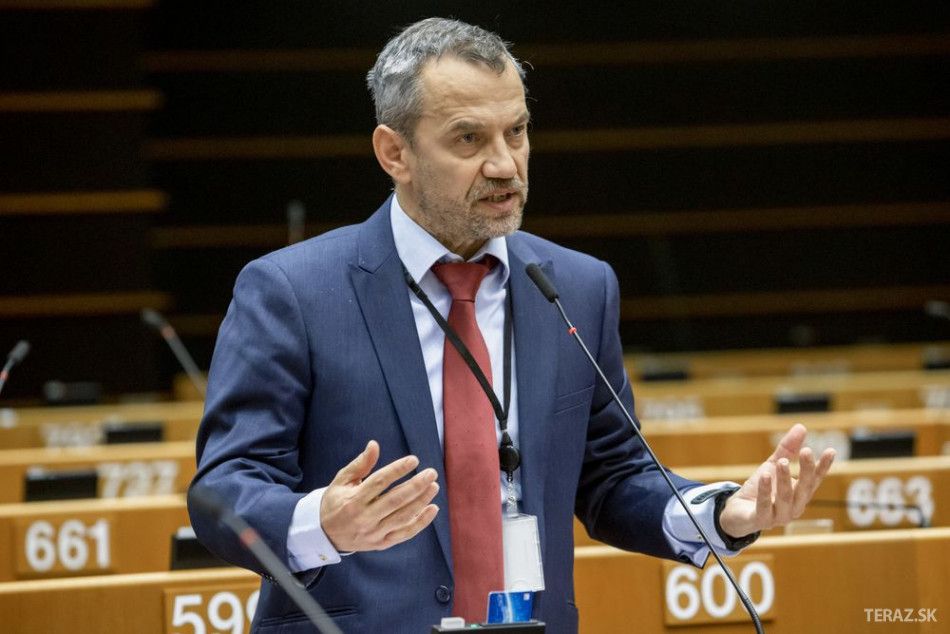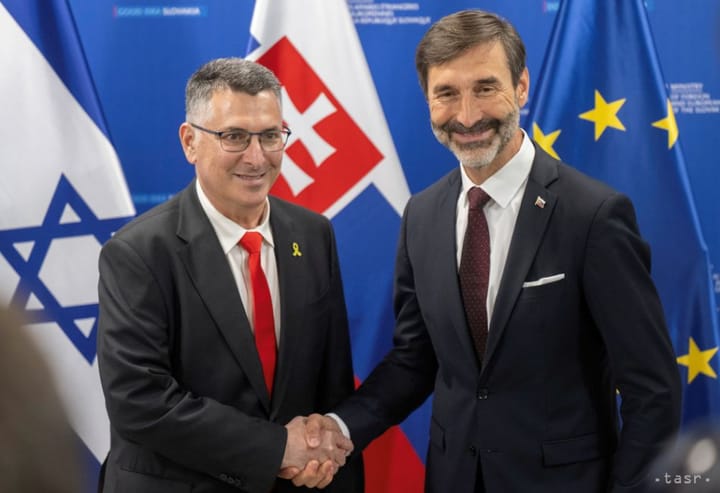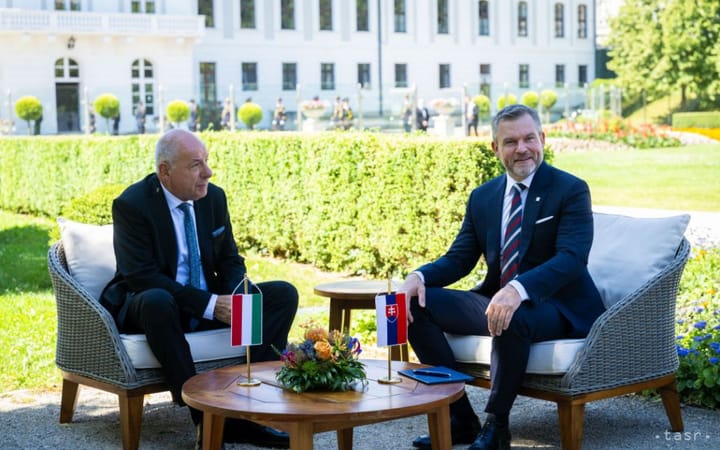Hajsel: CoFoE Ended Too Soon, Disregards Concerns About Energy Crisis

Brussels/Strasbourg, May 8 (TASR-correspondent) – The Conference on the Future of Europe (CoFoE), which officially ends on Monday (May 9), could have lasted more than two years in the light of the war in Ukraine and the current energy crisis, so that it takes into account also new moods and concerns of European citizens, Slovak MEP Robert Hajsel (Smer-SD) has told in an interview for TASR.
Hajsel, who is a member of the Progressive Alliance of Socialists and Democrats (S&D) in the European Parliament (EP), admitted he is disappointed with the conference’s conclusions that will be presented on Monday in Strasbourg. He claims that these conclusions do not fully reflect people’s moods or the situation in which the EU found itself during the war in Ukraine or the energy crisis. The prices of energy carriers are rising at the moment and it is not certain whether there will be enough energy resources for the upcoming winter, he said.
“This all should be taken into account in the conference proposals and we should also listen more to citizens who want social problems and impacts of the green and digital transformation to be addressed, as well as impacts of all the sanctions that the European Union has introduced or is about to introduce against Russia. What will affect EU citizens and chiefly Slovaks most is a potential gas and oil embargo,” stated Hajsel.
The war events in Ukraine have also brought a new moment in connection with the EU’s enlargement, with not only Ukraine, but also Moldova and Georgia being interested in the status of a candidate country.
Therefore, it wasn’t right to stick to the original deadline, end the conference after two years and present its results on May 9, said Hajsel. “With regards to this situation, the conference should have continued and we should have enriched it with these crisis issues, as these have unveiled the EU’s weak points concerning its ability to reach joint decisions and resilience,” said Hajsel.



